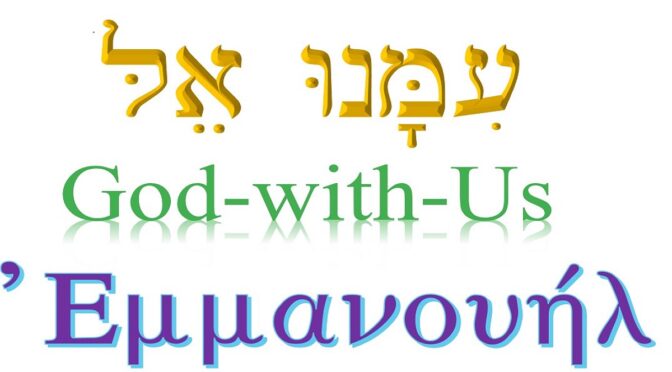Contents
Introduction
Today is the last Sunday of Advent. Consequently, it is the last week before the Christmas celebrations. Since Christ-mass concerns the birth of Jesus, the choice of this Sunday Gospel is appropriate. The reader is presented with the mystery of the conception of Jesus, whose birth will be celebrated next week Sunday, that is, on Christmas day.
Mary’s Presumed Unfaithfulness
As stated above, according to the Hebrew Bible and in keeping to Jewish culture, the Jewish weeding was preceded by a period of engagement called Erussìn (bond) or Qiddushìn (Sanctification) in Hebrew. During this period of engagement, the groom tied to himself the future bride, and thus, prohibited her from knowing any other man. After paying the dowry, the bride returned to her parents’ house and was not allowed in any way to be with the fiancé until the day of the weeding (Hebrew: Nissuìn). It was within this period of engagement that Mary took in. That is, after the Erussìn or Qiddushìn and before the Nissuìn, Mary became pregnant. This is why Matthew 1:18 says “when Mary had been espoused to Joseph, but before they lived together, she was found to be with child….” How manage? In the Jewish tradition, this was a serious offence punishable by law. The punishment was public stoning. The same Protoevangelium cited above sustains that this incident took place while Joseph was away for outside work since he was a woodworker. At this point, we need to reflect on the expression “but before they lived together.” What is the meaning?
Conclusion – Immanu’El
The entire psalm is built on the assurance that the Lord will never forsake his own people and in fact, the entire creation. Even if parents should forsake their child or children, Adonai will not forsake His own children (cf. Ps 27:10). This same theological certainty runs through the entire Scripture including the Gospels. The prophecy of Isaiah that the child to be born by the virgin shall be called Immanu’El, that is, God-with-us, is a further illustration of Scriptural hope that God is always in the midst of His people. As the author of the Epistle to the Hebrews explained “in times past, God spoke in various and many ways to our ancestors through the prophets; in these last days, he spoke to us through a son, whom he made heir of all things and through whom he created the universe, who is the radiance of his glory, imprint of his being, and who sustains all things by his mighty word” (Heb 1:1–3). Jesus is the Immanu’El. He is the God-with-us. As the angel said, the mission of Immanu’El is to liberate people from their sins. Again, as the psalmist explained, only those whose hands are clean; whose hearts are pure; and who have not given their souls to what is false and do not swear deceitfully, shall ascend the mountain of the Lord and stand at His holy place. Such people will receive blessing from God and will be abundantly rewarded by God (cf. Ps 24:1–5).
FOR DETAILS, GET YOUR OWN COPIES OF THE BOOK “THE WORD OF LIFE:
SUNDAY REFLECTIONS” (vols. I‑II-III)!! The reflection for the 4th Sunday of Advent is found in The Word of Life, vol. I, pages 28–36. Happy reading!
For details on how to get it, contact the author on this link: https://m.me/uchennabiblia?fbclid=IwAR2yeg4a6sDGBp9QGkIvKj6FSADumMokN6lshdE0zuo-JHs6qOmlhA7jyHo
or email me at: postmaster@uchennabiblia.com
or simply send an SMS on 08116100926, and I will get back to you.

